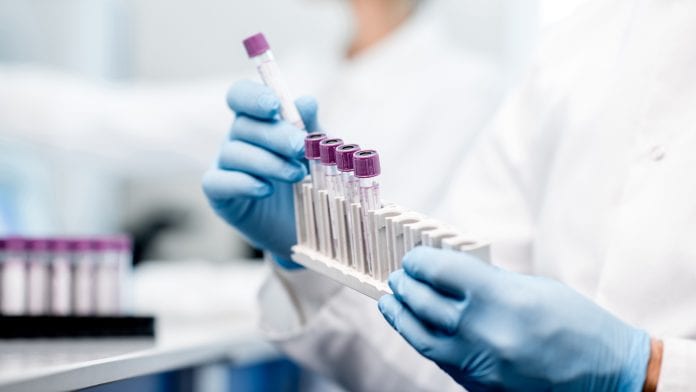
New technology has allowed researchers to detect anti-avian influenza virus antibodies in blood serum in 20 minutes.
Using a portable analyser, the researchers have developed the technology to conduct rapid on-site bio tests. If a suitable reagent is developed, this technology could be used to detect antibodies against SARS-CoV-2, which causes COVID-19.
Avian influenza is a poultry disease caused by influenza A virus infection. Rapid initial response for a suspected infection and continuous surveillance are essential to mitigate the damage from highly pathogenic, transmittable pathogens such as avian influenza viruses.
The research has been carried out by Keine Nishiyama, a doctoral student at Hokkaido University‘s Graduate School of Chemical Science and Engineering, and Professor Manabu Tokeshi of the university’s Faculty of Engineering.
Current antibody detection methods
Currently, the polymerase chain reaction (PCR) method is commonly used to detect the viral genome, however, it is a complicated procedure that requires a considerable amount of time. A second method involves detecting antibodies produced in the body in reaction to a virus infection. However, widely used antibody detection methods can be inaccurate because the antibodies’ existence is generally determined by eyesight.
Developing new methods to detect antibodies
The study was conducted in order to develop a new method and analyser capable of rapid, facile, and selective detection of antibodies. The method is based on conventional fluorescence polarisation immunoassay (FPIA) but applies a different measurement mechanism to make the analyser much smaller and portable.
The combined use of liquid crystal molecules, an image sensor and the microfluidic device makes it possible to simultaneously examine multiple samples and reduces the volume of each sample required.
The group also developed a reagent to detect anti-H5 avian influenza virus antibody, a fluorescein-labelled protein that binds only with the antibody.
Tokeshi said: “Our analyser could be used to conduct other bio tests if suitable reagents are developed. By reproducing fragments of spike proteins expressed in the novel coronavirus, and using them as the reagent, the analyser should be able to detect anti-coronavirus antibodies.”
The group has already successfully detected mycotoxin and drug constituents.

























That’s great news to Hear.
It ‘s a great post..!
Great Post. Thanks for Sharing it
Great News!
Thanks for sharing the post. Keep sharing!
Thanks for sharing such a great information here!
Good Share! Much needed in this Crucial time
Thanks for sharing the post!
Good post!
It was very interesting and informative
Amazing article, keep sharing.